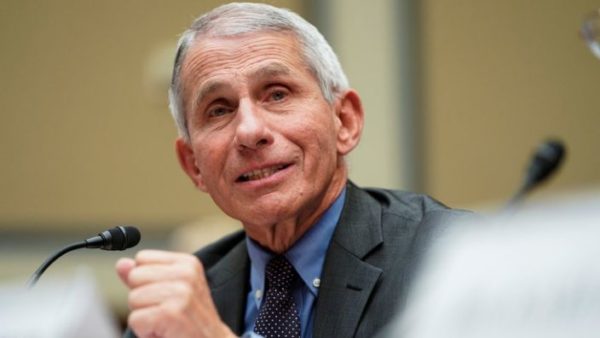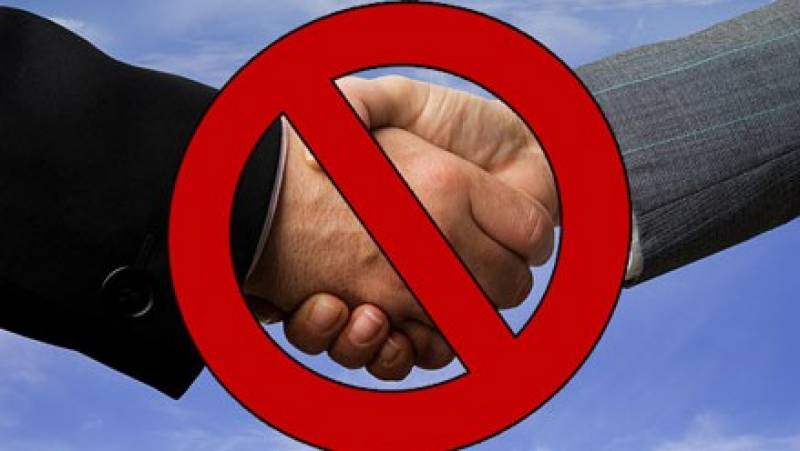Dr. Anthony Fauci, a key member of the White House coronavirus task force, expressed “cautious optimism” this morning in regards to the coronavirus.

Speaking on NBC News with Savannah Guthrie, Fauci, who is also the director of the National Institute of Allergy and Infectious Diseases, doubled-down on his estimation that the U.S. is still struggling to get the virus under control. He did acknowledge, however, “glimmers of hope.”
Fauci cited New York’s recent statistics that show hospitalizations due to coronavirus infections are stabilizing rather than increasing.
“We are hoping, with cautious optimism…we’re going to start to see a turnaround,” he said.
Fauci was reticent to confirm that the curve — or the number of coronavirus cases — has indeed flattened to the point where the U.S. health care apparatus can support patients. He stated that officials would first need to see a steady several days of plateauing case data.
The lead doctor does believe, however, that fatalities may be lower than the number of initially-predicted deaths.
Real data can modify models, he explained, and the current real data reports that social distancing is having a positive effect. A continuation of current procedures could bring the projected U.S. death toll closer to 60,000 than the original 100,000 to 200,000 estimate.
Fauci attributes this to the rigid but vital social distancing efforts being implemented across the U.S.
“I think the American public have [sic] done a really terrific job of just buckling down and doing those physical separation and adhering to those guidelines,” he said.
A lower fatality total is contingent, however, on continuing self-isolation efforts. Fauci said it would be a mistake for the public to ease its quarantine measures now.
Another helpful tool will be antibody tests, which Fauci stated are currently developed or in development. Some are validated and display consistent results. Others are undergoing trials to ensure the same functionality.
Fauci noted that the manufacturing companies said the tests will be ready “soon,” or within days or weeks.
While they won’t tell a patient if they are currently infected, they will confirm whether or not a person has been infected. This will give agencies and people an idea of who has been infected with the coronavirus but were asymptomatic. It is likely, he said, that infected individuals have a high chance of being protected against subsequent coronavirus infections.
This is especially important regarding vulnerable health care workers.
“If they’re protected, they can do their job much better,” Fauci said.
Toward the end of the interview, Fauci addressed his viral hand shake comment, where he suggested no one should shake hands ever again after the virus spread quells.

“That would be something that I think would hopefully be attainable, but I don’t think it would be,” he clarified to Guthrie. What Fauci meant to convey with that comment is that now that the world has seen how deadly novel viruses can transfer from person-to-person contact, people need to be more cautious and recognize how easily illness is transmissible.
“Now we know in real time it has happened, and it can happen again, so we really need to be prepared to respond in a much more vigorous way,” he stated.
THE HILL

Leave a Reply
You must be logged in to post a comment.